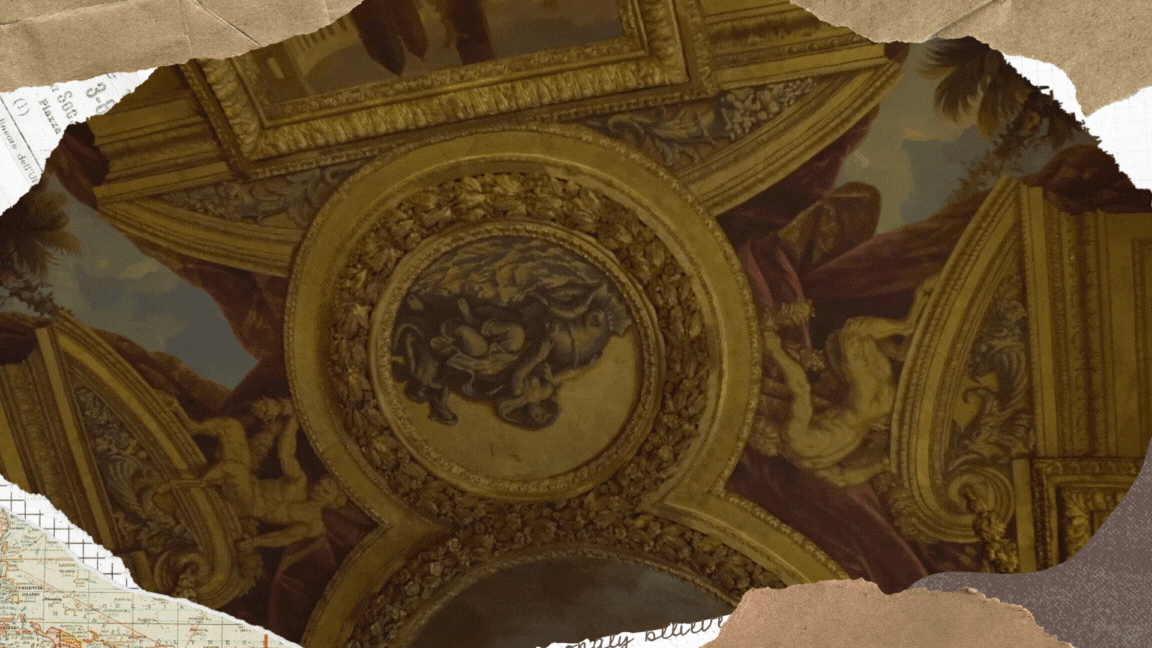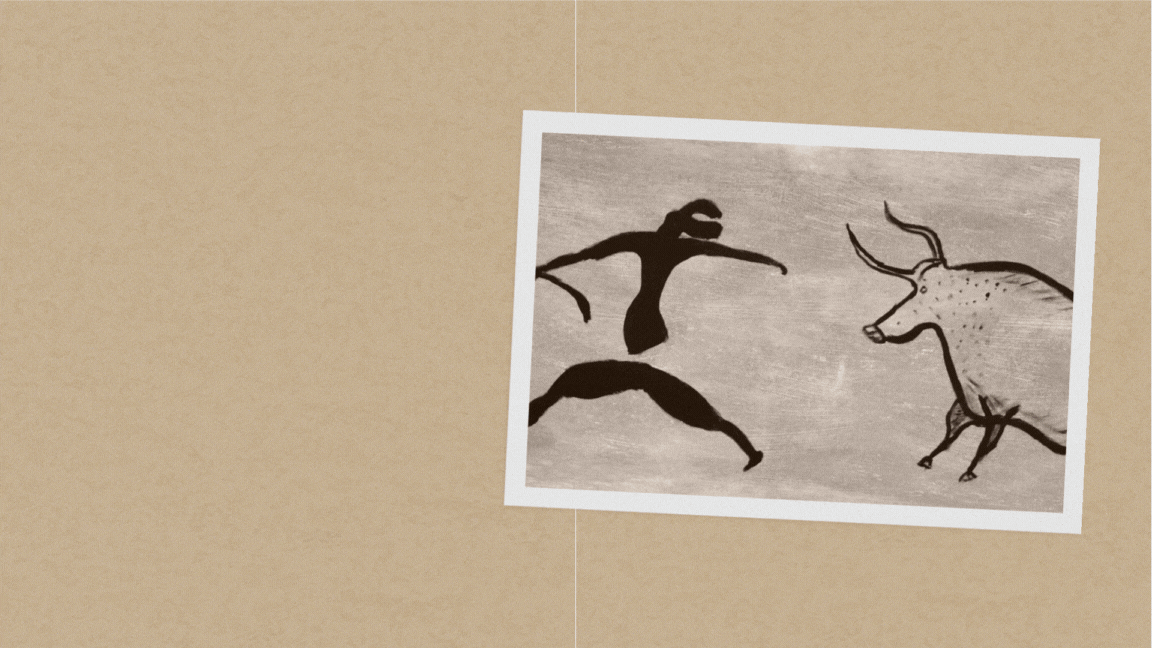
History
For many people, history is dry and boring; it smells of dust settled on old books in libraries. However, history can be exciting. It is very important to know a lot about the past because by doing so we can understand today’s world better. It is not as important to learn the dates and the years of events as it is to understand the cause of such events. History then becomes very interesting, no matter whether you are learning about ancient Egypt or China, the Roman Empire or the Persian wars. It is also interesting to know why so much knowledge of earlier times was forgotten in the medieval ages. After the medieval period, everything developed at a very fast pace- the industry, weapons, and so on. Wars occur even today as they used to occur in earlier times.
Why is it important to know about the past?
Past help us in understanding our present world in a much better way. If we know how our ancestors lived or why the wars were waged, we can understand the today’s world better and get ideas for a fairer future. What appears to us as wrong today could have been right earlier. It is also interesting to know how inventions in the past improved the life of humans.
Some major inventions that changed the way we live are : metal processing that was invented around 5000 BC and the invention of the calendar, without which we cannot determine when the important events happened in the past.

How do we know about the past?
Mainly the archaeologists or the historians are the people who make an attempt to find out about the past as much as they can. The historians frequently refer to various source of history. These sources can be clay tablets, grave inscriptions or simple letters. Sometimes they have to decode the script, such as hieroglyphs, which was discovered in the Egyptian pyramids. Archaeologists, on the other hand , dig places where they can find evidence of past human activity such as bones from the stone age or remains of buildings or vessels that fell down in wells.

How do we determine the approximate date of an event?

Many source texts, mainly those from the time after the birth of Christ, give indications of the time of events, such as ‘after the great volcanic eruption’. With the help of such information, the historians can often find out when something happened. Sometimes even the year is given in the text. One also compares the different sources and infers
